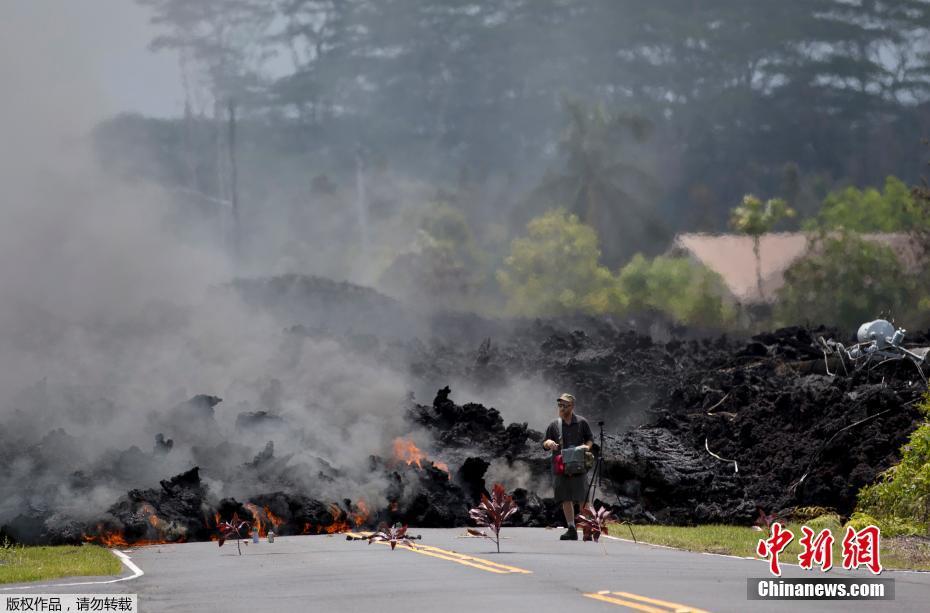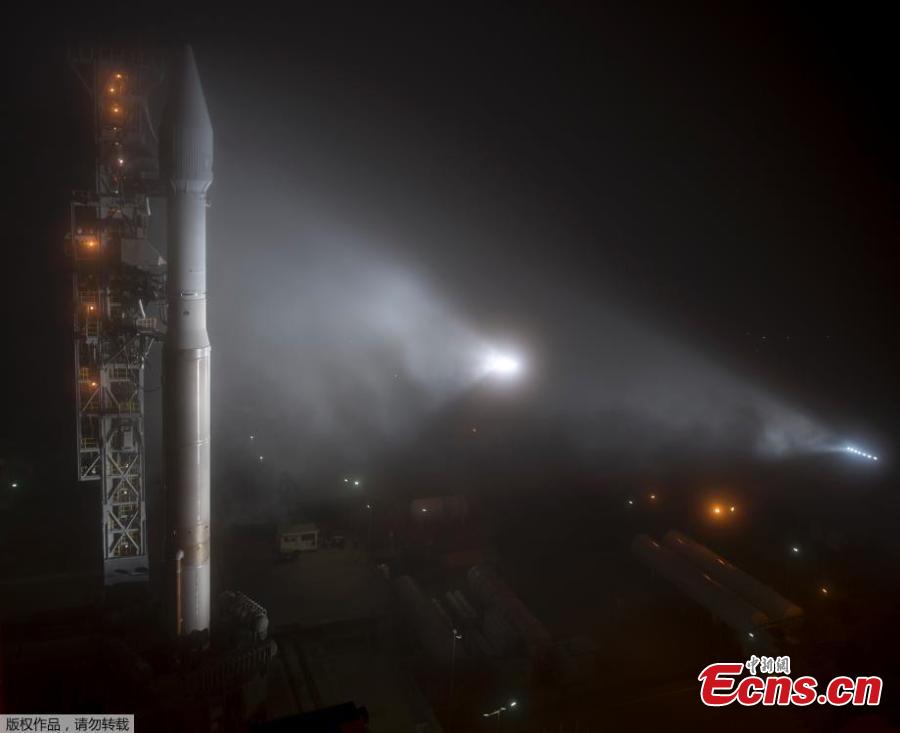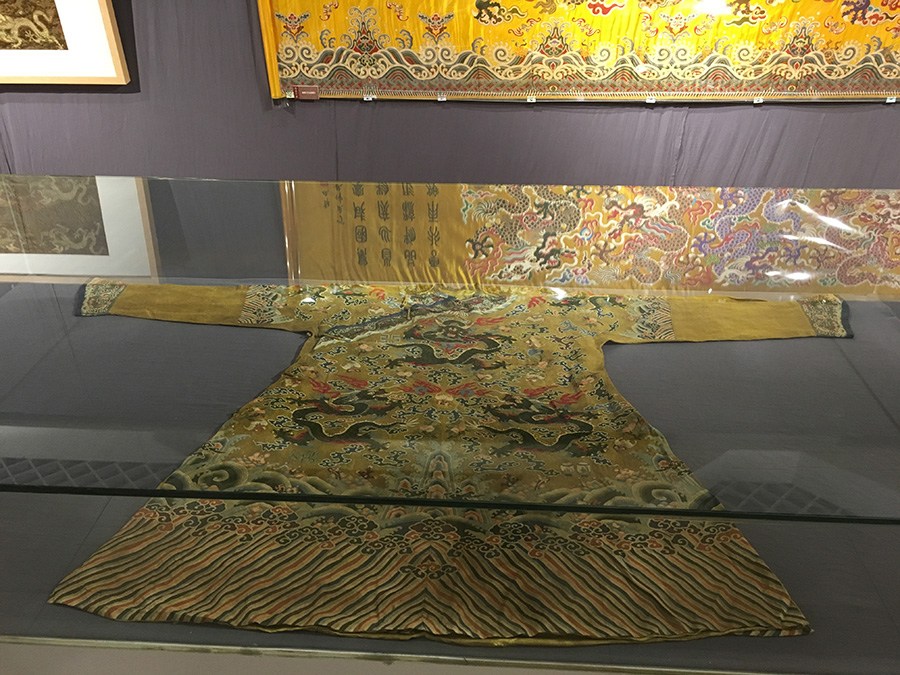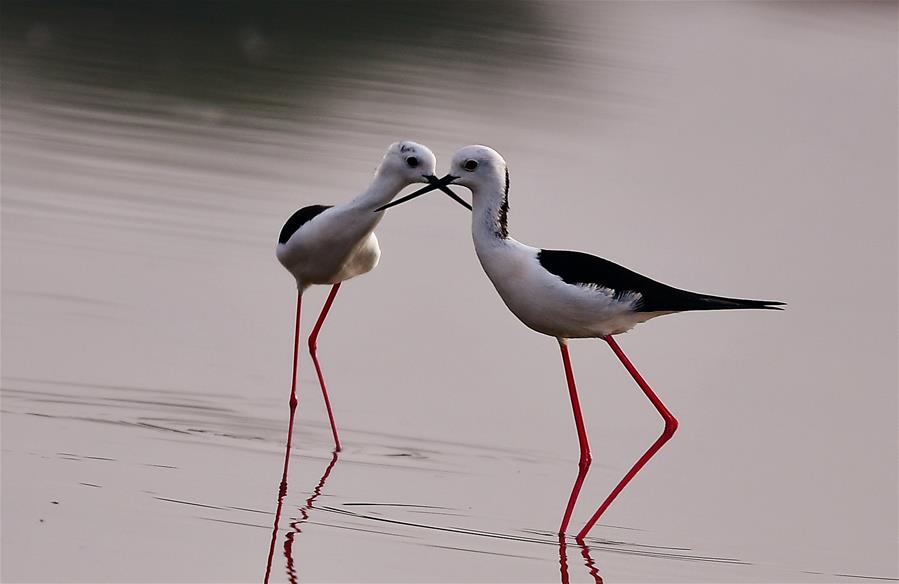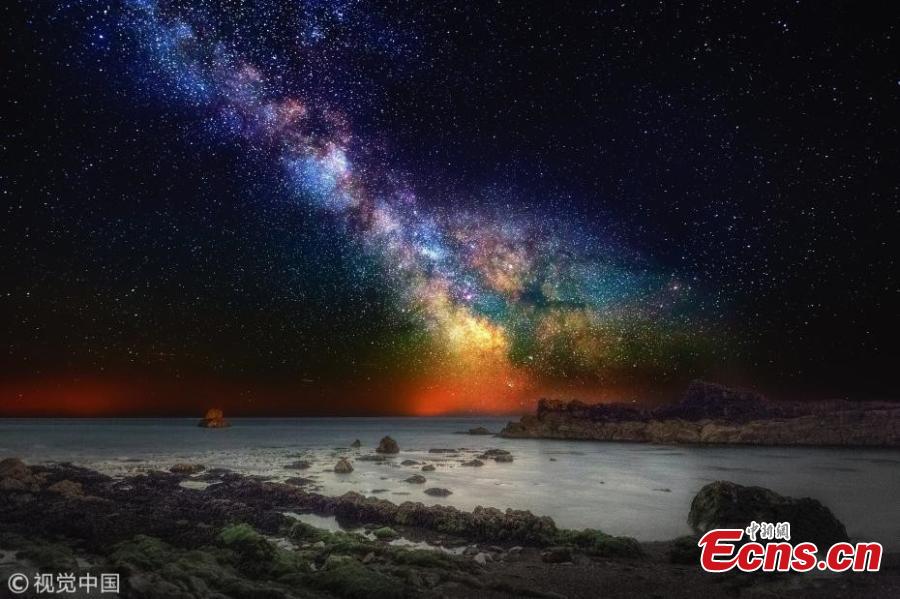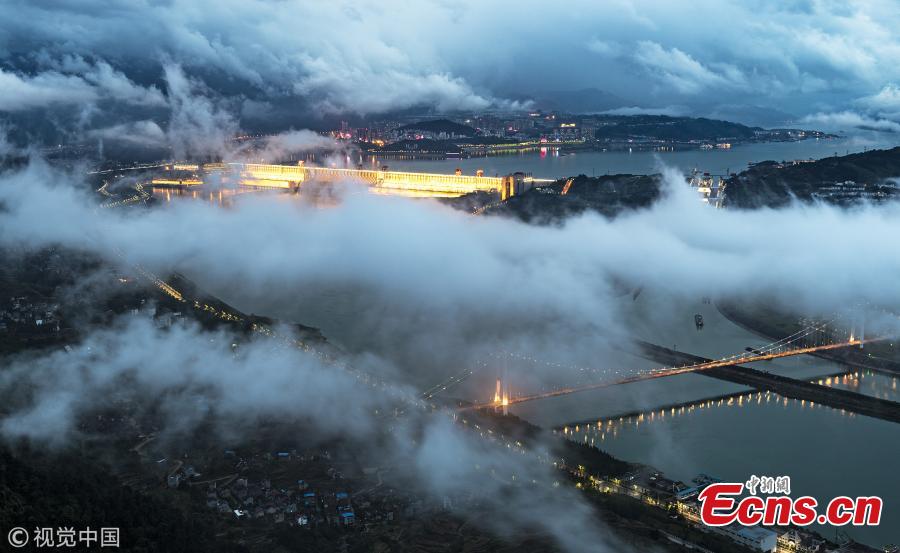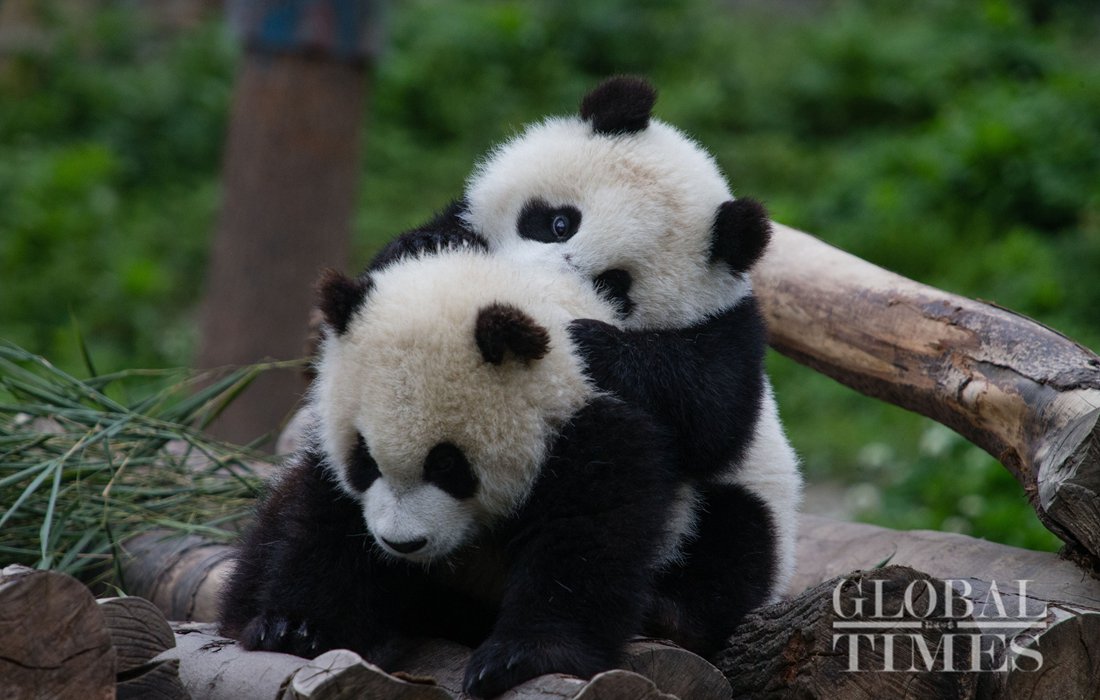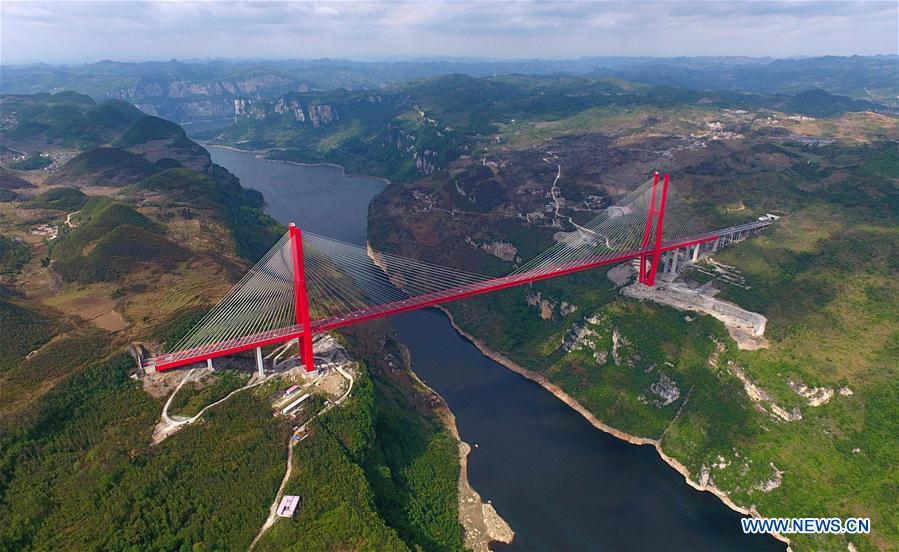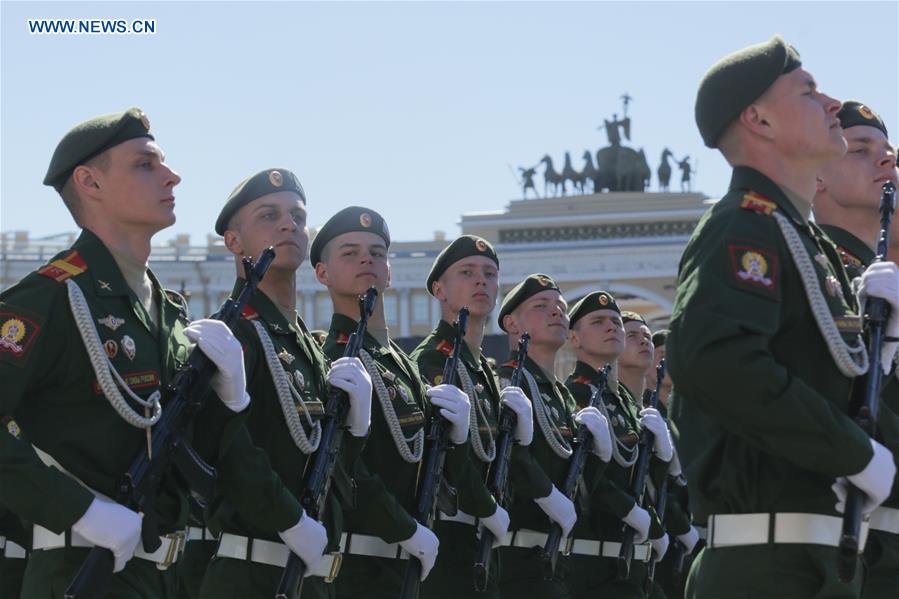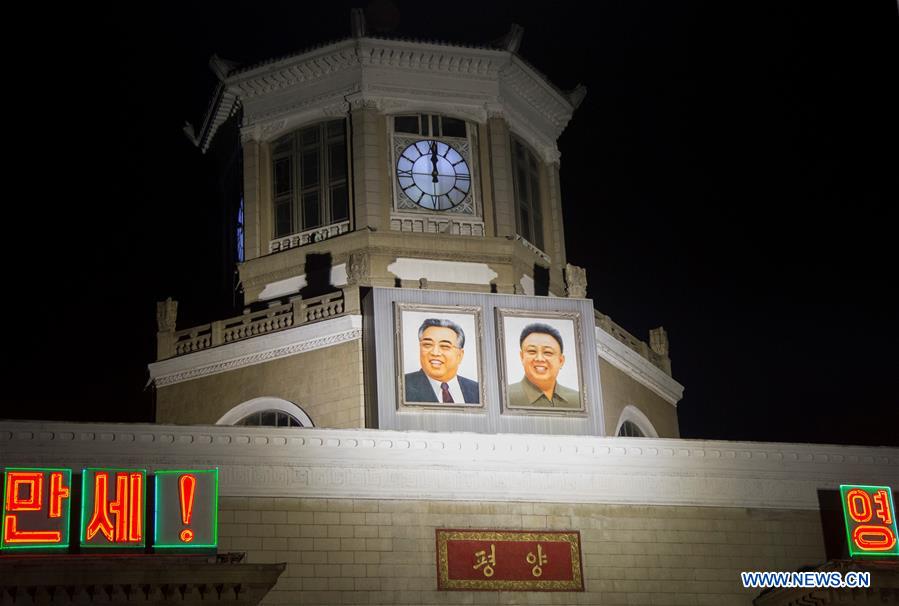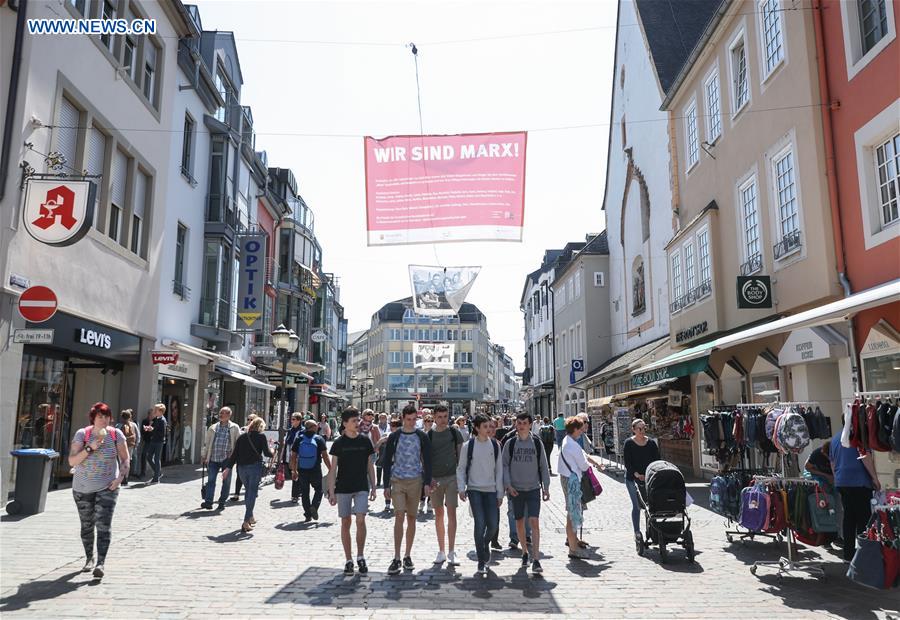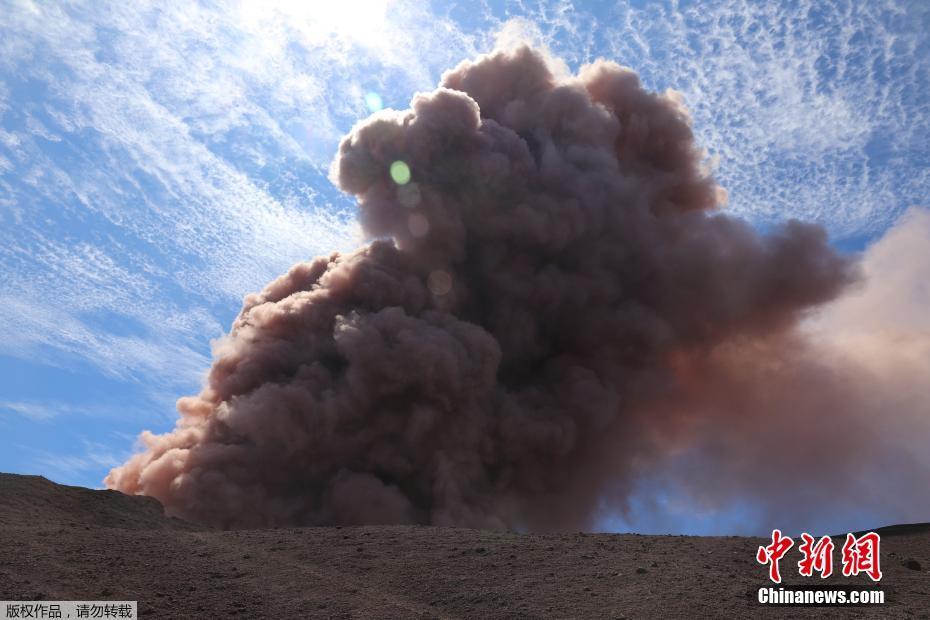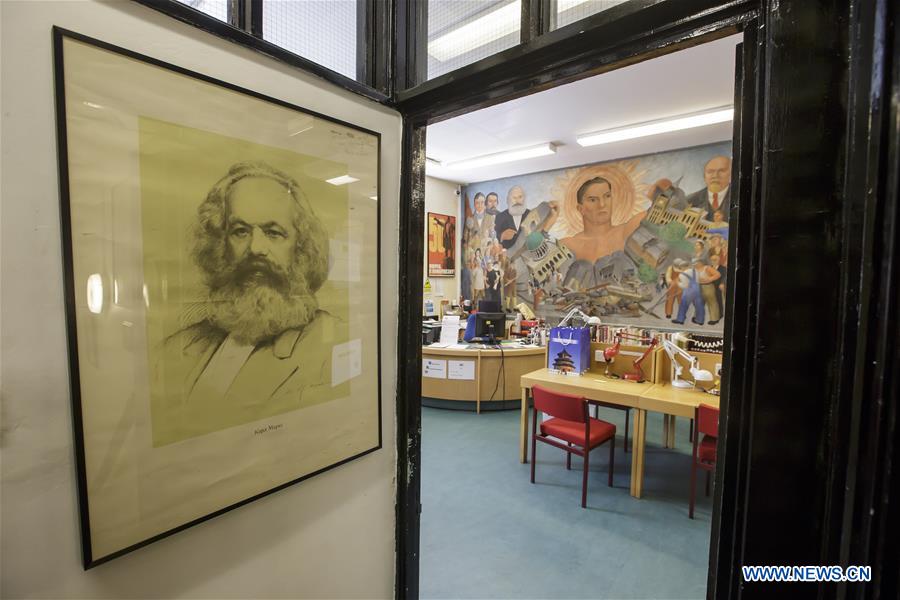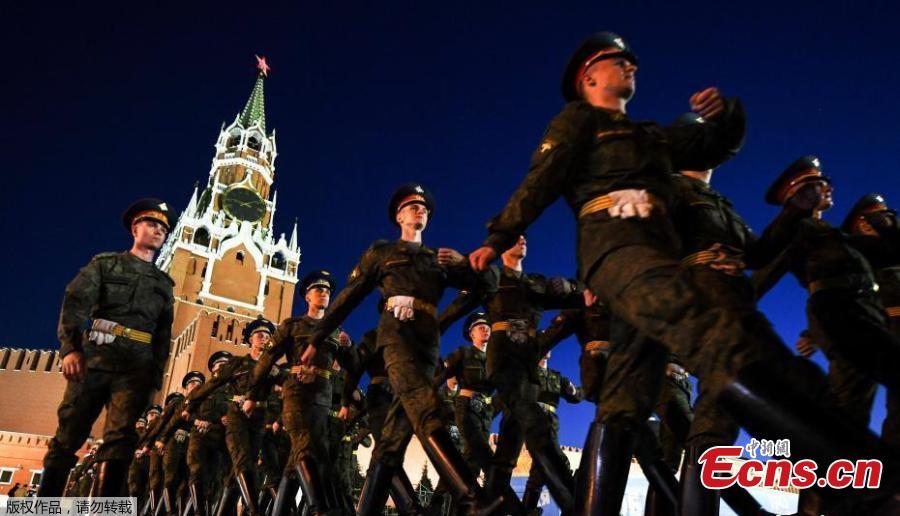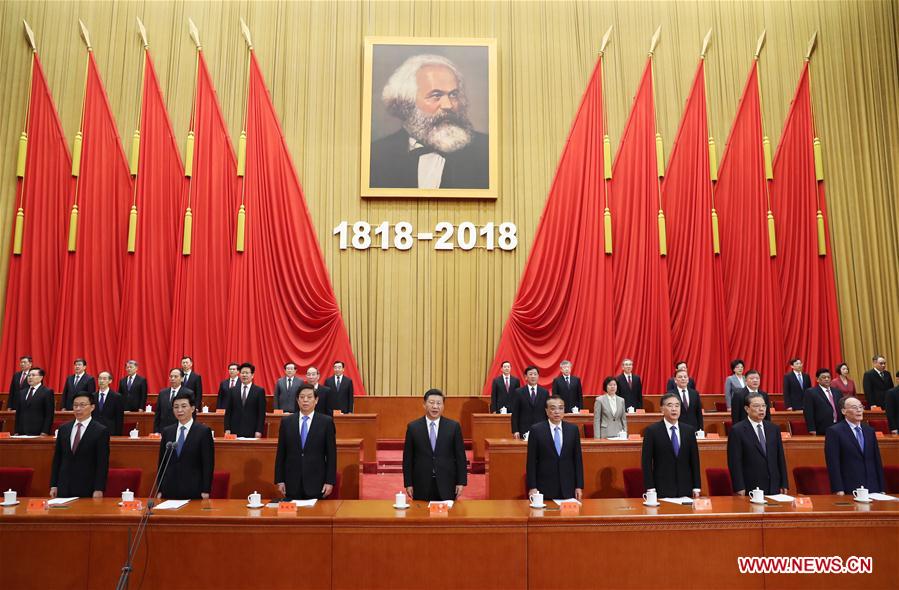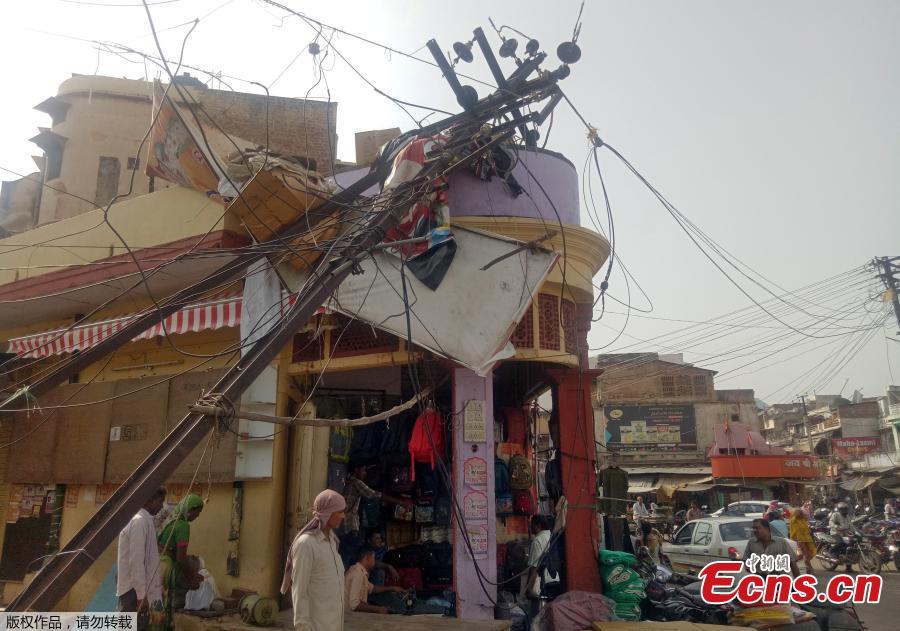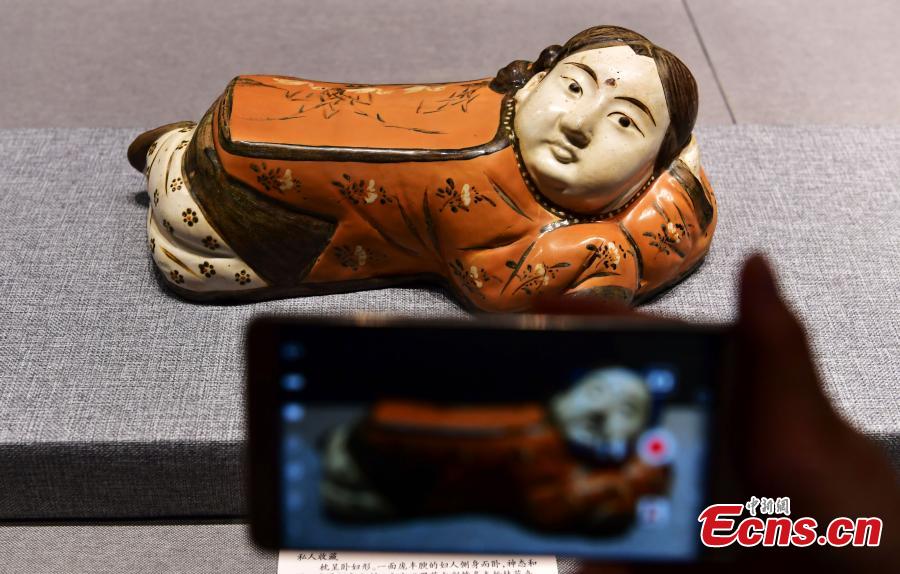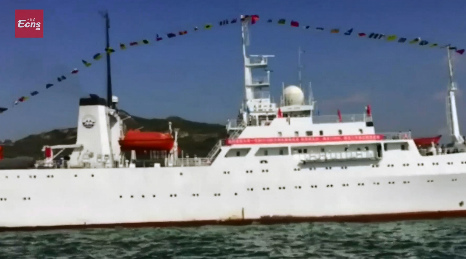Describing his country as a "big guy in the crowd," Chinese President Xi Jinping is visiting Fiji on Friday for a summit with leaders of a group of small Pacific island nations, a historical first for Chinese heads of state.[Special coverage]
The interactions, for a host of reasons, can be hailed as a paradigm for partnership between big and small countries in today's world.
In its overall diplomacy, China, as a responsible stake holder in the global arena, has always attached importance to its relations with the island countries scattering in the South Pacific.
It is exemplary not for the generosity of the bigger guy, but for the fact that the relationship is built on equality, mutual respect and win-win cooperation despite the parties' differences in size and influence.
In economy, the two sides are mutually complementary. China, the world's second largest economy, has funding and technical expertise, while the island countries, though relatively underdeveloped, are abundant in natural resources. Herein lies huge potential for bilateral cooperation.
Trade volume between China and the Pacific Islands has increased some seven-fold over a decade, reaching 4.42 billion U.S. dollars in 2013. Economic and trade cooperation with China presented numerous opportunities for the small island countries, once remote from the global center of economic gravity.
It is true that China can be referred to as an emerging donor to the Pacific islands, but it would be going too far to accuse the country of carrying out "checkbook diplomacy" in the region.
For one thing, the Chinese aid has been largely destined for infrastructure projects, which spur economic growth and create jobs. Instead of making the recipients addict and dependent, the check is helping them to be independent.
For another, based on mutual respect, Beijing has never attached political strings to its aid and loans, nor has it forced small island countries to adopt policy changes against their will.
Moreover, in terms of granting aid, China stands ready to collaborate with any third party for the benefits of the islands, for multilateral cooperation can scale up aid cooperation and combine the comparative advantages of different donors.
With their geopolitical and strategic significance standing out, the tiny Pacific islands have been drawing increasing global attention, which could be their golden opportunities for development.
However, the results depend not only on the islands themselves, but also on the big guys stretching out helping hands.
It is advisable that any country or region that wants to contribute to the prosperity of the South Pacific could see the region as a stage for cooperation instead of a battlefield for diplomatic competition.
For the big countries, to promote development in the South Pacific, it is important that they respect and support their smaller counterparts, yet, it is as important for them to understand and cooperate with each other to prevent their helping hands from turning into ruinous ones.









